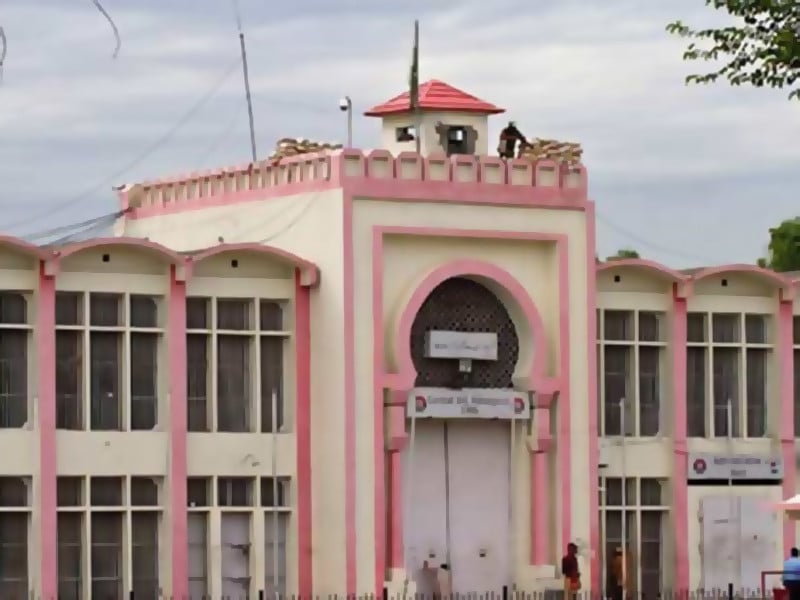In light of the congressional letter, a coalition of 160 Pakistani parliamentarians expressed strong discontent, calling for a re-evaluation of US commentary regarding Pakistan’s political dynamics

By our correspondent
RAWALPINDI: A three-member delegation from the US Embassy visited Adiala Jail in Rawalpindi on Friday, gaining consular access to three detained American citizens, including Abid Malik, Sadiqa Saeed, and Alex Pleado. The delegation, which comprised Irfan Jan, Mike Murphy, and Raheel Javed, met with the detainees in the office of the Additional Superintendent for approximately one hour. This visit occurred just days after the Biden administration confirmed receipt of a letter from over 60 US Congress members urging the White House to advocate for the release of Pakistan Tehreek-e-Insaf (PTI) founder Imran Khan, who is also imprisoned in Adiala Jail.
US State Department Spokesperson Matthew Miller confirmed during a briefing that the administration would respond to the congressional letter in due course. The letter, led by prominent Congress members such as Ilhan Omar and Rashida Tlaib, calls on President Biden to secure guarantees from Pakistani authorities for Imran Khan’s safety while in custody. Miller emphasized the US’s support for a “sustained democracy” in Pakistan, mentioning a recent meeting between US Deputy Assistant Secretary for Democracy and Human Rights Monica Jacobson and Pakistan’s Human Rights Secretary, where discussions centered on fundamental rights and freedoms.
In light of the congressional letter, a coalition of 160 Pakistani parliamentarians expressed strong discontent, calling for a re-evaluation of US commentary regarding Pakistan’s political dynamics. They urged Prime Minister Shehbaz Sharif to address perceived external interference and criticized the US lawmakers for what they viewed as a biased perspective on Pakistan’s domestic politics. The Pakistani lawmakers argued that the letter primarily serves the interests of Imran Khan’s PTI, undermining the integrity of Pakistan’s state institutions and other political entities.
While acknowledging the rights of US Congress members to express political opinions, the Pakistani parliamentarians asserted that such views seemed influenced by disinformation from Khan’s supporters. They urged US legislators to critically assess the motives behind these narratives, emphasizing the need to distinguish between facts and fiction. In their statement, they declared their duty to inform the members of Congress through Prime Minister Sharif, highlighting the importance of recognizing the political processes in Pakistan and the need to support its democratic institutions.



